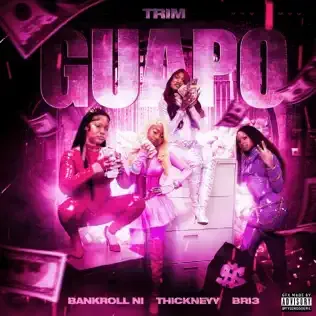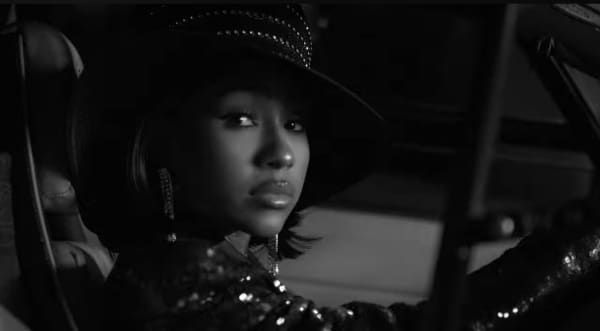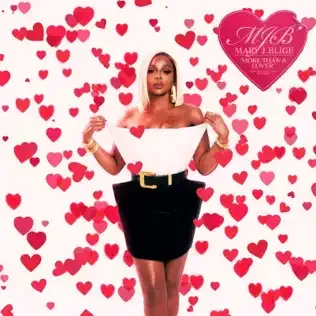Blog

Up-n-coming Southern rapper Trim drops her catchy new single "Guapo", an unapologetic anthem dedicated to money, lust, materialism and the glam life. The track (which also features rappers Bankroll Ni, Bri3 & thickney) serves as a tease for Trim's upcoming EP. Pass the Tiara as the 19yo Charleston native and so-called "girl's girl of rap' continues to place all bets on herself and her rising stardom.

Veteran rapper Yung Miami returns with the surprise release of her bold new video for “News Flash,” a bass-heavy anthem produced by Quay Global. The sharp-tongued track finds the platinum-selling star addressing critics while celebrating her wins and stepping confidently into her solo era. Calling the song personal and unapologetic, Yung Miami declares she’s standing in her truth — unbothered, unstoppable, and firmly in control of her narrative.

Mary J. Blige celebrates Valentine’s Day with her heartfelt new single, “More Than A Lover,” released via Beautiful Life Productions. Produced by Camper, the transcendent track finds the Queen of Hip-Hop Soul basking in deep, enduring romance. It marks her first release since her 15th album, Gratitude (2024), reflecting the thankfulness she says defines this chapter of her life.
